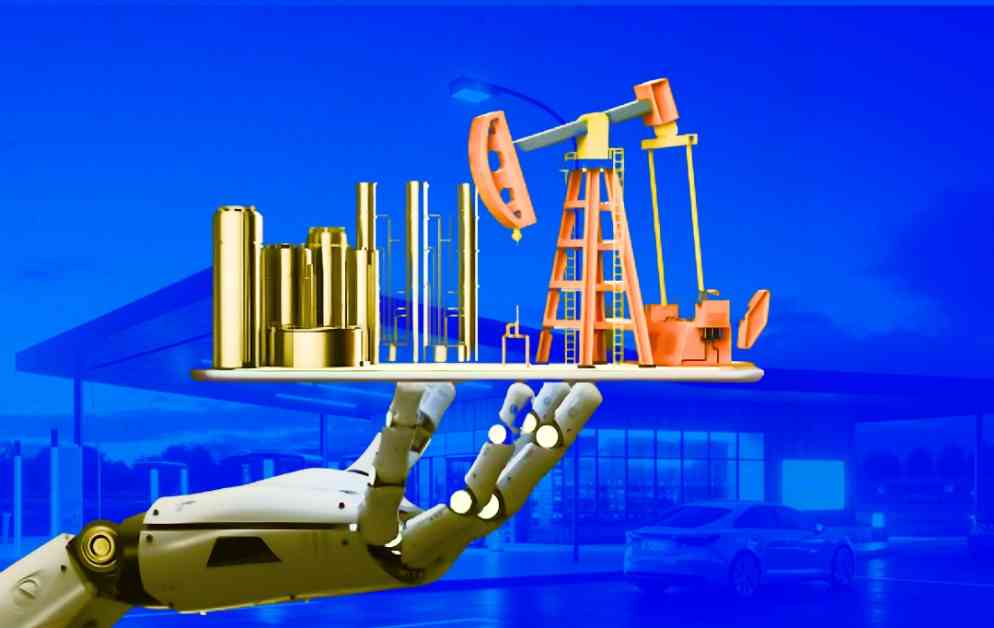Artificial Intelligence (AI) has been revolutionizing the oil and gas industry, bringing about significant changes and advancements in operational efficiency and safety. By leveraging AI technologies, companies in this sector have been able to optimize their processes, reduce costs, and minimize environmental impact.
AI in the oil and gas industry has a rich history, dating back to the 1990s when it was primarily used for data interpretation and analysis. Over the years, more sophisticated systems like neural networks emerged, enhancing pattern recognition tasks and improving operational challenges. By the mid-2000s, AI models became prevalent, leading to better simulations of reservoir behavior and drilling dynamics.
Today, AI tools are being used extensively across various stages of operations in the oil and gas industry. From AI-driven analytics that predict equipment failure and optimize maintenance schedules to machine learning algorithms that analyze seismic data for better exploration, AI has become an integral part of the industry.
One of the key benefits of AI in the oil and gas industry is predictive maintenance, which helps predict when machines might fail and enables proactive maintenance to prevent disruptions. Companies like Shell have successfully implemented AI-driven predictive maintenance in their LNG facilities, resulting in increased equipment reliability and reduced maintenance costs.
AI is also being used for demand forecasting, enhancing environmental monitoring and compliance, asset tracking and maintenance, logistics and supply chain management, safety monitoring, and real-time production optimization. These applications of AI are transforming the industry by improving operational efficiency, reducing costs, and enhancing safety standards.
Moreover, AI technologies are contributing to environmental sustainability by detecting leaks, monitoring facilities, and ensuring compliance with environmental regulations. Companies like Eni are utilizing AI-driven robots to monitor processing plants and oil fields, enabling quick detection and response to environmental threats.
In conclusion, the integration of AI in the oil and gas industry is essential for driving advancements in automation, decision-making processes, safety standards, and operational efficiency. With the potential to reduce operational costs and increase drilling efficiency significantly, AI is set to play a crucial role in shaping the future of the industry. Embracing AI is no longer an option but a necessity for companies looking to thrive in the modern era of oil and gas exploration and production.

